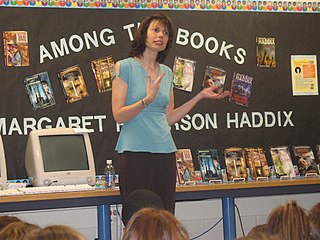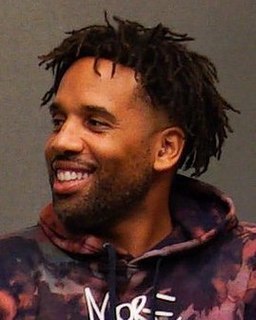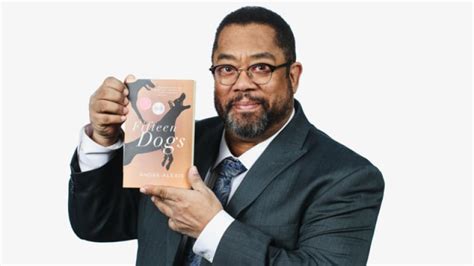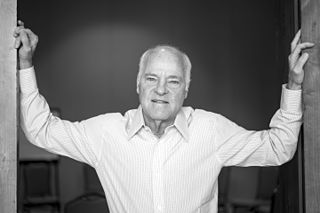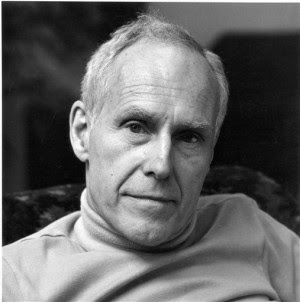A Quote by David Berman
I read Henry Miller's 'Nexus,' 'Sexus' and 'Plexus' the summer after I graduated from college. It cemented my decision to spurn any and all careers.
Related Quotes
In my college years, I would retreat to our summer house for two weeks in June to read a novel a day. How exciting it was, after pouring my coffee and making myself comfortable on the porch, to open the next book on the roster, read the first sentences, and find myself on the platform of a train station.
After I graduated from high school, one of the former workers on our farm asked if I would be willing to join him in selling Fuller brushes through the summer. It seemed like a perfect way to make some money for college. And being away from my parents and learning to make my own way gave me self confidence.
The book it reminded me of most is Henry Miller’s The Books in My Life. Like Miller, Shields manages to convey his affection for and admiration of literature, and that, the enthusiasm and admiration, can revitalize the reader’s love for the art form. I’m grateful for How Literature Saved My Life because the book has made me think again – and for the first time in a while – 'Well, what is it we do when we read?' It’s a damned annoying question, but it needs to be asked now and then, and Shields has asked it in a way I find resonant and moving.
Waiting for Godot was not allowed. Neither was Henry Miller. The Soviets condemned them both. Miller would have been used as an example of decadence, being a very good analyst of how terrible and monstrous American culture was. That they liked, but they wouldn't publish him. I guess it must have been the sex. With Beckett, it must have been the hopelessness.



